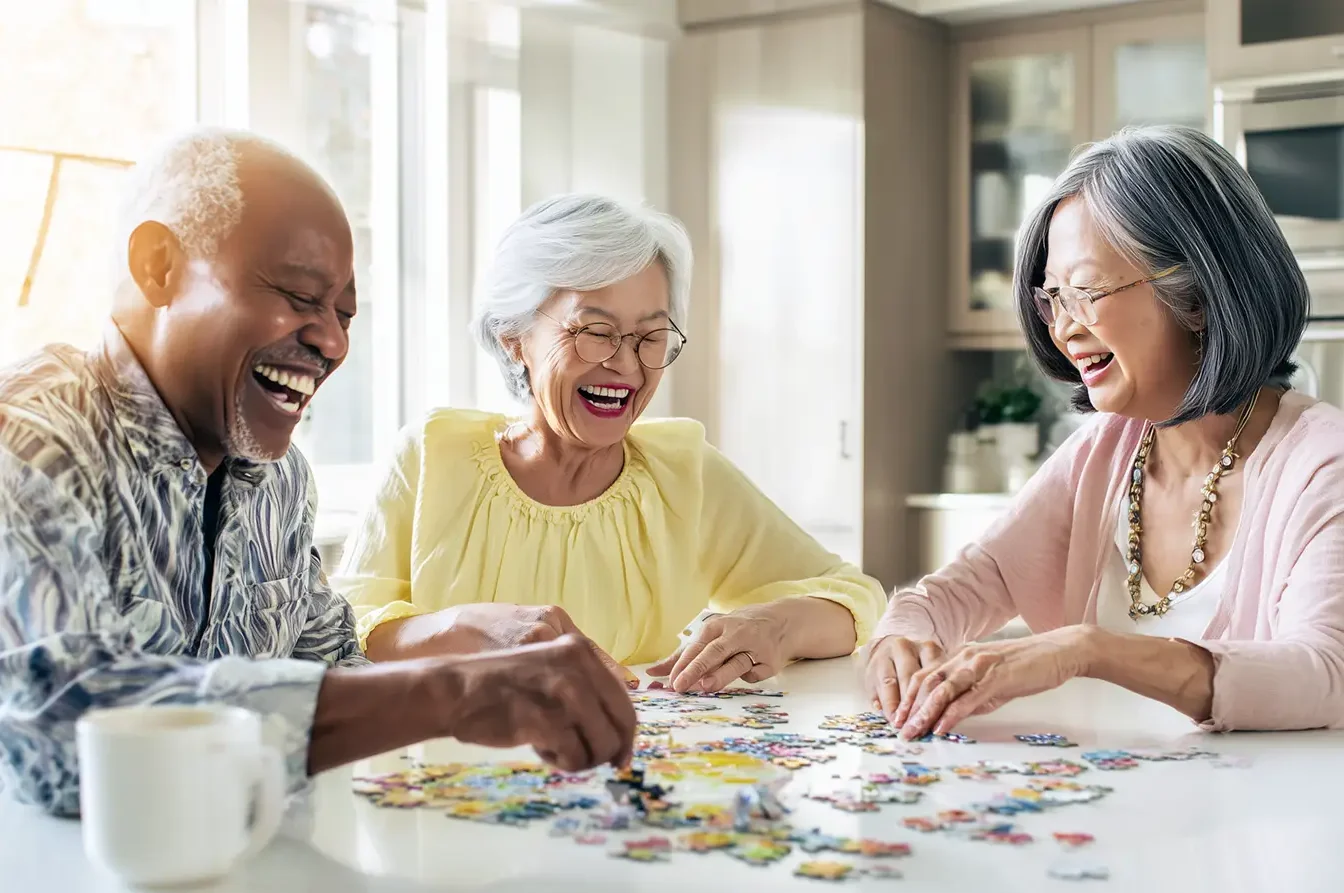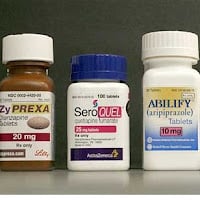
Antipsychotics Up Risk of Stroke in People with Dementia
Dementia symptoms such as agitation, psychosis, anxiety, insomnia & depression are often treated with antipsychotic medication. Learn why these medications increase the risk of stroke.

Dementia symptoms such as agitation, psychosis, anxiety, insomnia & depression are often treated with antipsychotic medication. Learn why these medications increase the risk of stroke.

Banks can be intimidating in a world with Alzheimer’s. Pin numbers and fraud protection, long lines and lots of numbers, may call for special attention. That’s why Lloyds Banking Group and The Alzheimer’s Society offer this landmark “Dementia-Friendly Financial Services” guide for banks and insurers. Download the guide and improve the everyday lives of people affected by dementia.

2 studies connect Alzheimer’s to concussions, and lighter blows to the head to memory loss. How careful can we be? Just how much does it matter?
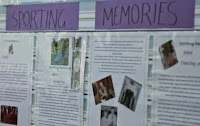
See how Sporting Memories Network promotes the well-being of people living with dementia with projects that tap into their prior passion for sports.

When is medical marijuana appropriate? Not in dementia, according to a new study. It suggests medical marijuana pills may not help treat behavioral symptoms of dementia, such as aggression, pacing and wandering. Get the details.
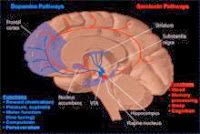
Doctors routinely diagnose and track dementia. “Neuropsychological tests” are non-invasive, using interviews or paper/pen tests. More invasive diagnostics include powerful MRI and PET scans.

A study at McGill University shows that lithium given in micro doses may be capable of both halting signs of advanced Alzheimer’s pathology and recovering lost cognitive abilities.

Some Alzheimer’s tests cost thousands of dollars, some cost pennies. The trick is using the right tests at the right time for the right person. An excellent scoring system from Mayo Clinic offers a powerful tool for making the best choices.

80% fewer skin-cancer patients get Alzheimer’s. Why? Is it the medicines they take, their genes, or are they more prone to sunshine, activity or healthier eating?

In the lab, the Ketogenic Diet increased cerebral blood flow, improved the gut microbiome, lowered glucose as well as weight, and boosted the brain’s process that clears Alzheimer’s amyloid-beta plaque. Learn more.
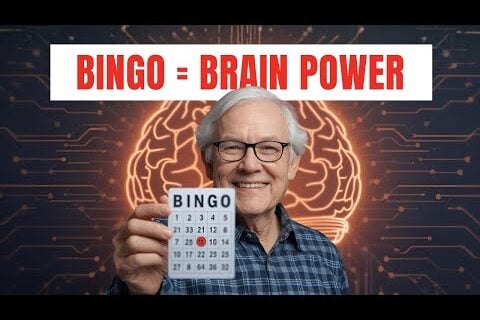
VIDEO+ARTICLE: Multiple studies affirm bingo exercises attention, memory, and social connection all at once. Learn about its small but meaningful role in dementia care—when used the right way.
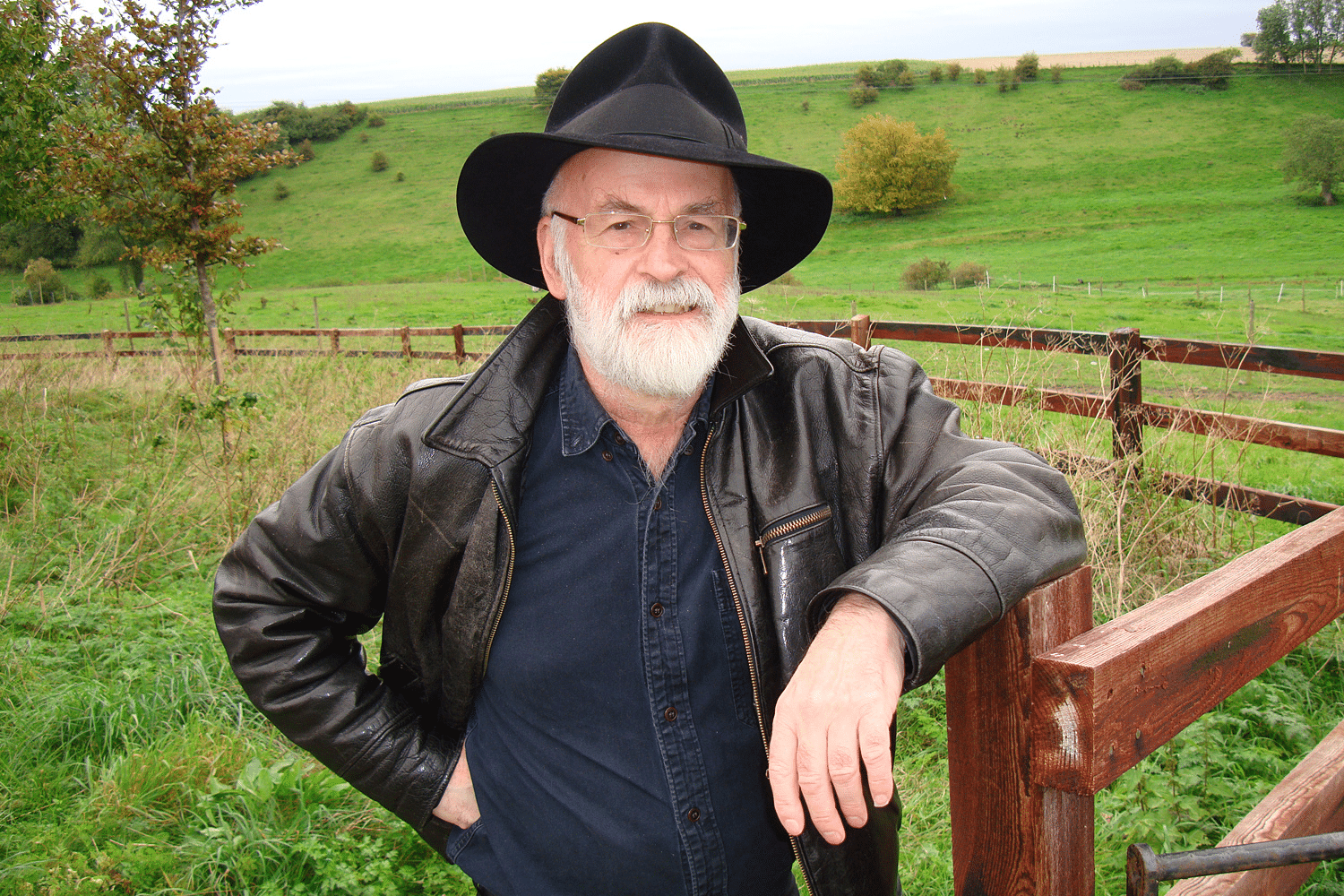
Posterior Cortical Atrophy, or PCA, is a specific form of Alzheimer’s that affects the back of the brain.
Author Terry Pratchett was diagnosed with it.

New evidence suggests genetics—not geography—may explain why Leqembi causes fewer ARIA brain side effects in parts of Asia, and what that means for families everywhere.
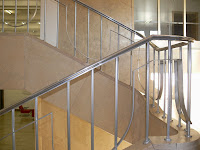
EMERGENCIES due to falling happen 54% more often in dementia. As a rule, 1-in-3 adults over 65 fall each year. Most falls happen at home. Make a few simple changes and prevent falls.
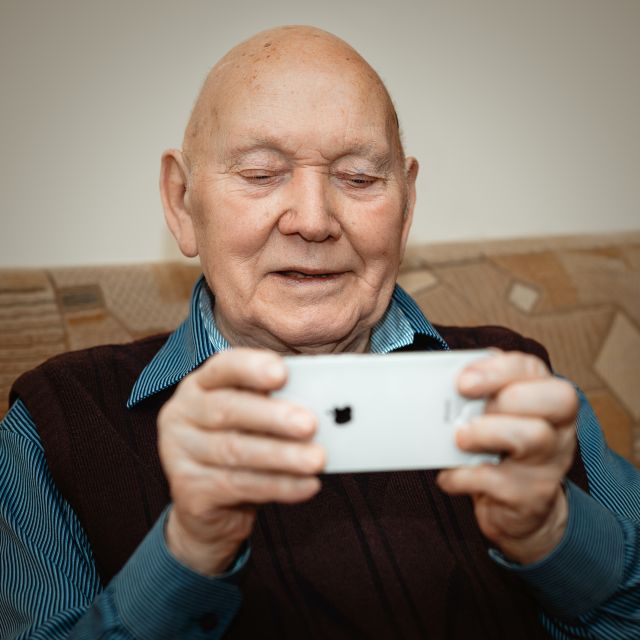
Researchers find education and intellectual stimulation appear to activate a genetic program in the brain that promotes resistance to cognitive decline. Find out more.

SOCIALIZING in your 50s and 60s strongly predicts less dementia later on. Learn why, from new research by University College London. See Ohio State University demonstrate how true it is, from animals to people.

Hospital stays with dementia should focus on elder safety. See a special ER for seniors, equipped with brilliant features that speed comfort and care to this population.
No spam, only news and updates.


